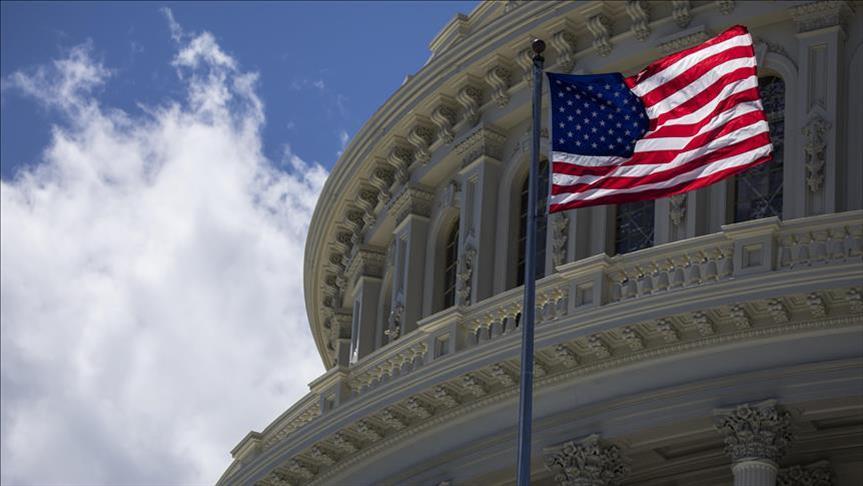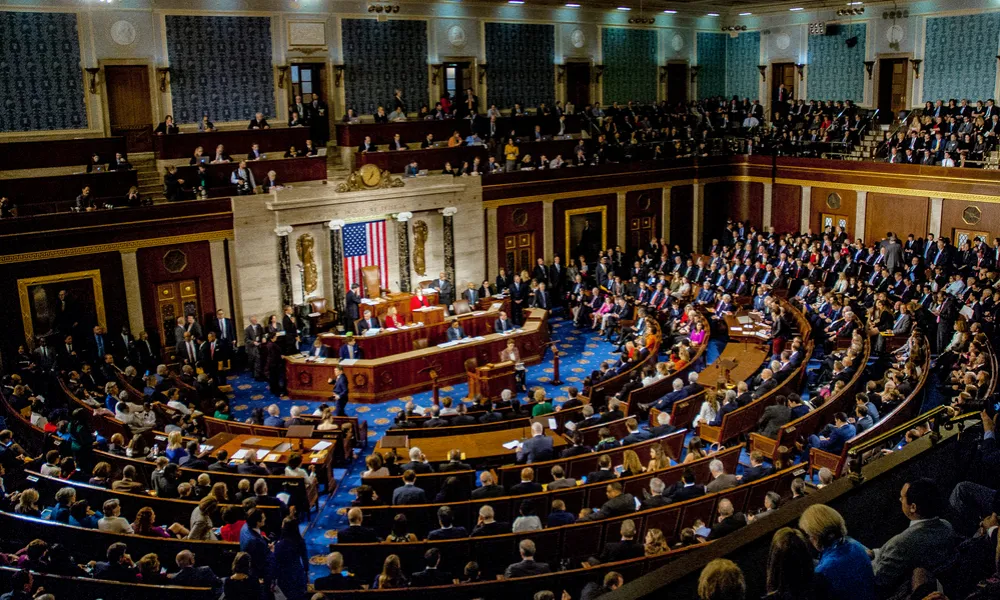The early House version of the U.S. foreign policy funding bill, the State Reauthorization Act, includes significant provisions that strengthen the 3+1 framework (Greece, Cyprus, Israel, United States) and formalize sustained American engagement on Eastern Mediterranean security.
Key sections draw from legislation tabled months ago by Representative Nicole Malliotakis on cooperation in counterterrorism and maritime security in the Eastern Mediterranean. The State Reauthorization Act incorporates the diplomatic elements of that proposal, while defense provisions have been routed to the annual NDAA.

Extension of the 3+1 Interparliamentary Group
The bill extends the U.S.-Greece-Cyprus-Israel Interparliamentary Group through 2027. That body was established by the U.S.-Greece Defense and Interparliamentary Partnership Act of 2021, originally sponsored by Senator Robert Menendez, and is currently due to expire at the end of 2025. The text also creates a security sub-group comprising six House members and six Senators.
For the first time at the executive level, the 3+1 format would be formalized via a Interagency Security Cooperation Task Group for the Eastern Mediterranean. Representatives of the State Department, Department of Defense, and Department of Homeland Security would meet twice a year with officials from Greece, Cyprus, and Israel to coordinate on counterterrorism and maritime security.

Cyprus clause on arms restrictions
The bill also addresses Cyprus, incorporating a provision by Representative Chris Pappas related to the U.S. arms sales embargo. It does not abolish the embargo; instead, it extends the renewal period from one year to five years, enabling longer-term defense planning by the Government of the Republic of Cyprus when waiver conditions are met.
Legislative path ahead
The State Reauthorization Act has cleared the House Foreign Affairs Committee and now awaits floor debate once the U.S. government resumes normal operations. In the Senate, Foreign Relations Chair Jim Risch has not introduced a corresponding State Reauthorization Act, leaving the ultimate trajectory of these House provisions uncertain until a Senate counterpart emerges or the measures are folded into other moving vehicles.
Sources: CNN.gr, Congress.gov
